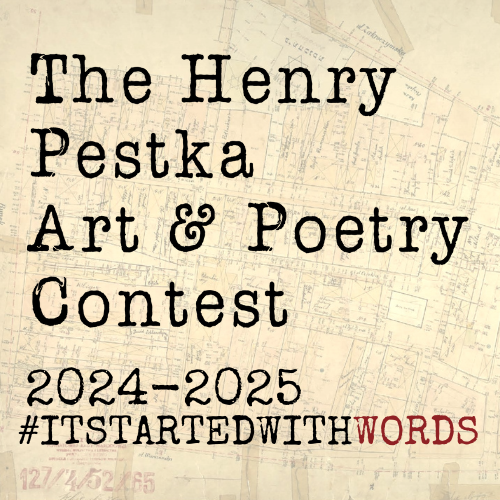
Take an unprecedented look inside a pivotal moment in the Holocaust. This online experience from Claims Conference and its partners includes curriculum and instructions for 6th-12th grade classrooms.
Visit "Inside Kristtallnacht"Hate speech and extremist language has been on the rise, in person and online, since 2015. In 2024, it’s easier than ever to share personal perspectives not only within social circles but even globally across social media platforms. With the importance our nation places on freedom of expression, much debate exists about the extent to which abusive, threatening, and prejudiced language should be tolerated and who is responsible when such language influences or emboldens behavior.
Words are among the most powerful tools we possess as human beings, powerful enough to both destroy and create. Reinforced with fear tactics and propaganda using anti-Semitic words and tropes, these words emboldened some into action and intimidated others into silence. Jews were dehumanized, isolated and discriminated against, paving the way to the unimaginable tragedy of the Holocaust. Learning about the Holocaust provides a profound perspective on the power of words and the inevitable connection between words and human behavior. Guided by what you have learned about the role that words played in the Holocaust, create an art or writing piece that reflects the power of words.
Passed by the State Board of Education on December 10, 2024.
Browse our collection of engaging and meaningful resources below. We've curated our picks around this year's theme to support students in creating their art and writing projects. Noted by a red asterisk (*), these resources have been locally curated to engage students by West Michigan partners. Students and educators are highly encouraged to use these resources as a foundation for their learning and final projects.
The Pestka Family, in memory of their father and grandfather, Henry Pestka, a Holocaust survivor, is proud to bring Holocaust awareness and education to West Michigan students in grades 6-12 through an art and poetry contest.
Henry Pestka (1919-2013) was born in Ciechanów (Cheh-ha-nouf), Poland. In 1940, at the age of 21, Henry was first sent to Aushchwitz Birkenau, and then on to other camps. While interned in Germany in 1944, Henry escaped with two other prisoners, and hid in a field, near death, until they were found by the Free French Army. After his liberation, Henry joined and served with the Polish Battalion until the war ended.
Of the six members of his family (his mother, father and siblings), Henry was the sole survivor of the Holocaust.
In 1946, Henry immigrated to the United States and settled in Grand Rapids, Michigan, learning English at Union High School and working to build a life for himself. Eventually, he became a real estate developer. Henry and his wife, Beatrice, were married in 1948, raised two children, Steve and Linda, and were proud grandparents to Alissa, Stephanie, and Nathan.
Henry believed strongly in treating everyone with dignity and respect, caring for others, and giving back. He valued education and strong personal character. While the trauma of the Holocaust remained with Henry, he was determined not to let it define him. When asked what message he would like to leave to future generations, Henry said, “To never let anything like this happen to any group of people. To resist hatred and scapegoating.”
Learn more about Henry Pestka - explore his interactive story map.